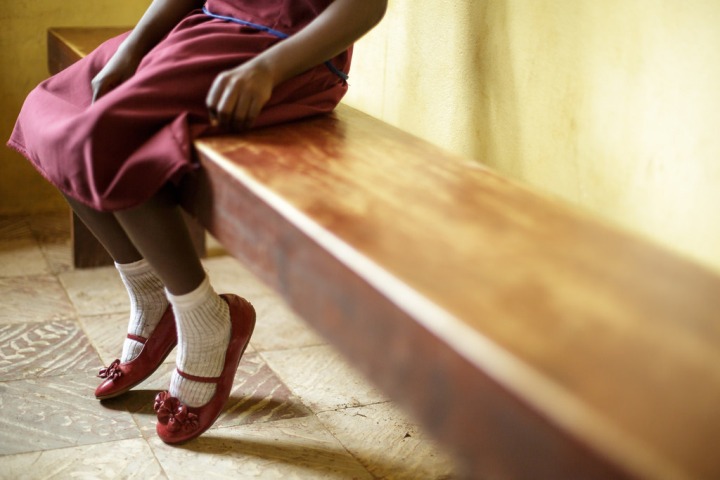FACTBOX-What is female genital mutilation and where does it happen?

World leaders have pledged to eradicate female genital mutilation (FGM) by 2030, but campaigners say the ancient ritual remains deeply entrenched in many places. International Day of Zero Tolerance for Female Genital Mutilation on Wednesday will highlight efforts to end the widely condemned practice thought to affect at least 200 million girls and women globally.
Here are some facts:
- FGM dates back over 2,000 years and is practised across many cultures and religions.
- It is practised in at least 30 countries, mostly in Africa but also in pockets of the Middle East and Asia.
- FGM typically involves the partial or total removal of the external genitalia. In some cases the vaginal opening is sewn up. Other procedures, more common in parts of Asia, include nicking or pricking the clitoris.
- FGM can cause longlasting mental and physical health problems including chronic infections, menstrual problems, infertility, pregnancy and childbirth complications.
- Somalia has the world's highest FGM prevalence (98 percent of women have been cut), followed by Guinea, Djibouti, Mali and Sierra Leone.
- Of the 28 countries in Africa where FGM is endemic, 22 have legislation criminalising FGM, although enforcement is generally weak and prosecutions rare.
- Half of all girls who have undergone FGM or are at risk live in three countries - Egypt, Ethiopia and Nigeria - all of which have laws against FGM.
- Chad, Liberia, Mali, Sierra Leone, Somalia and Sudan, which are home to 16 million girls, have no law.
- There is an increasing trend for FGM to be carried out by health professionals rather than traditional cutters, particularly in Egypt, Guinea, Kenya, Nigeria and Sudan.
- The ritual, often justified for cultural or religious reasons, is underpinned by the desire to control female sexuality.
RECENT DEVELOPMENTS
- Somalia and Somaliland are drafting laws against FGM.
- Despite not yet having a law, Somalia announced its first FGM prosecution last year after a 10-year-old girl died.
- Britain secured its first successful FGM prosecution this month - more than 30 years after outlawing FGM.
- Sierra Leone banned FGM last month as part of a clamp down on the secret societies that practise it, but there are doubts over how it will be enforced.
- A one-year ban on FGM in Liberia expired last month. Campaigners continue to push for a law. Sources: 28 Too Many, UNICEF
(This story has not been edited by Devdiscourse staff and is auto-generated from a syndicated feed.)
- READ MORE ON:
- Thomson Reuters Foundation
- Thomson Reuters Corporation
- Charitable organization
- Les Leaders
- Animals as Leaders
- Thought leader
- Girls Like You
- Gilmore Girls
- Mean Girls
- United Kingdom
- Young Life
- The Pirates of Somalia
- Flag of Somalia
- Federal Government of Somalia
- South Asia
- Asia Cup
- Southeast Asia
- At Home
- Home improvement
- Zara Home
Advertisement
ALSO READ
GLOBAL MARKETS-Asian stocks subdued on yen caution, US inflation in focus
India, Kazakhstan assess security challenges, exchange views on cross-border terrorism in South Asia
Homes flooded after Ural River rises quickly in Russia's Orenburg
GLOBAL MARKETS-Asian stocks firm, take China Fitch downgrade in their stride
Home Minister Amit Shah expresses grief over loss of lives in Chhattisgarh road accident










